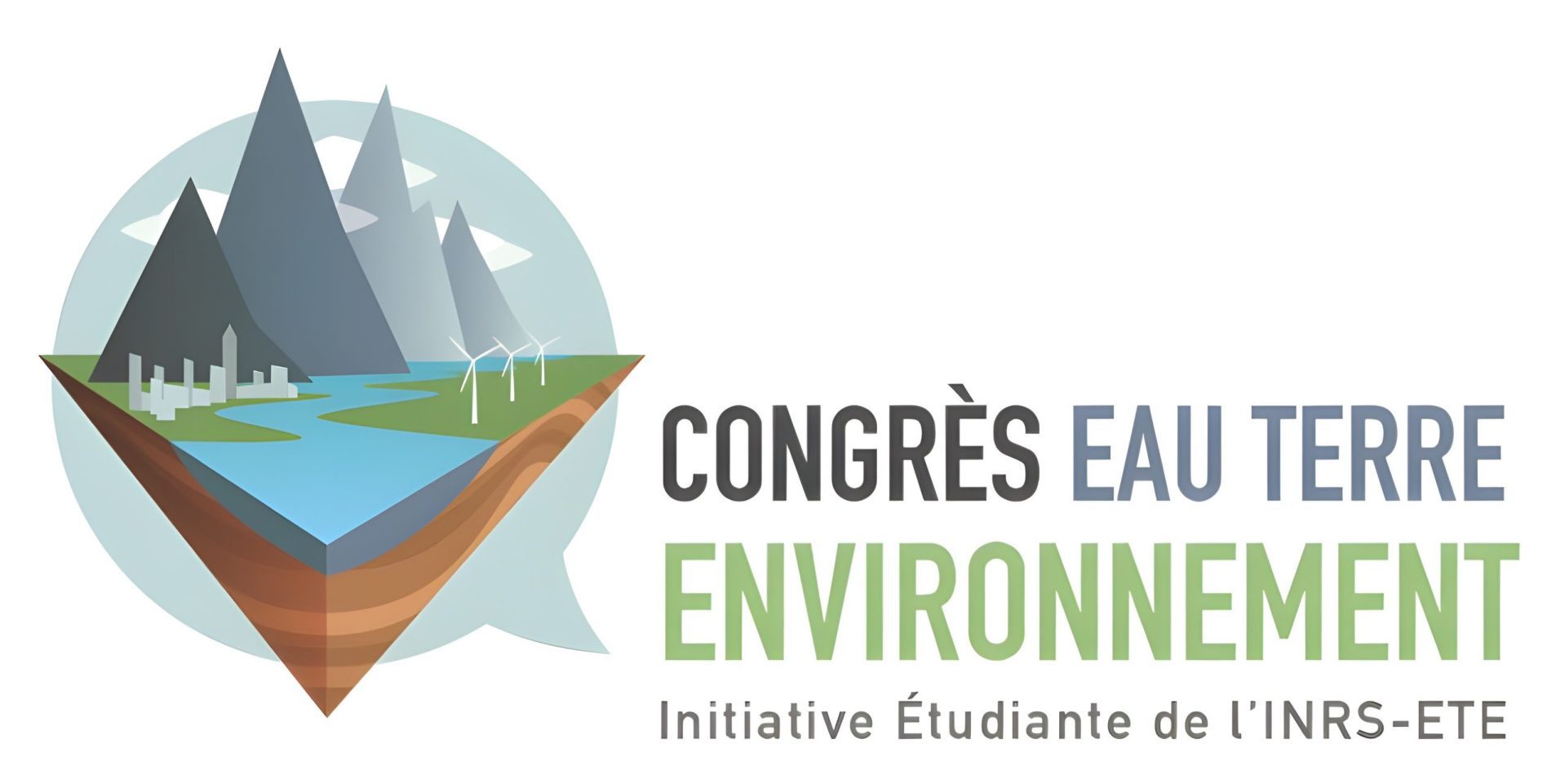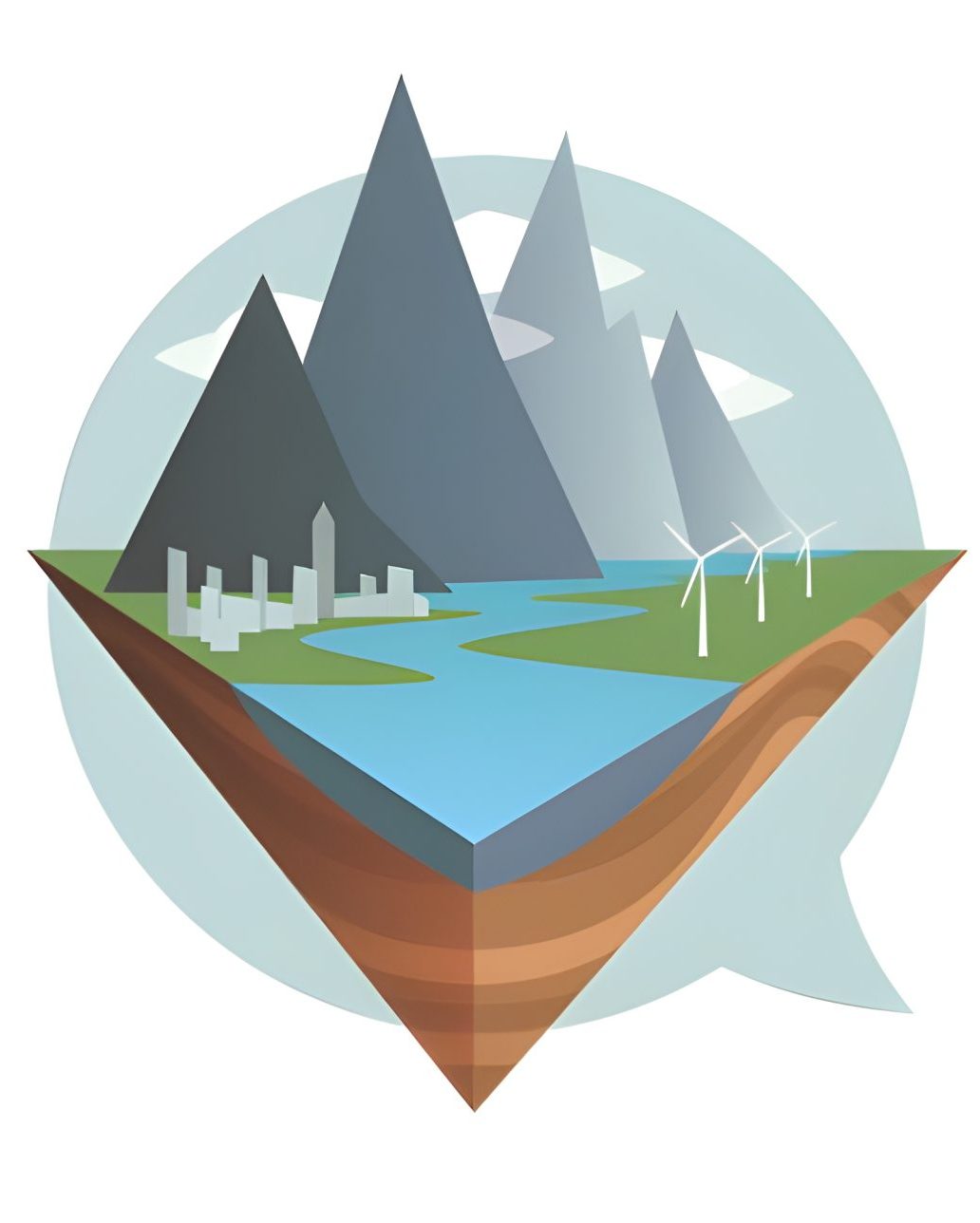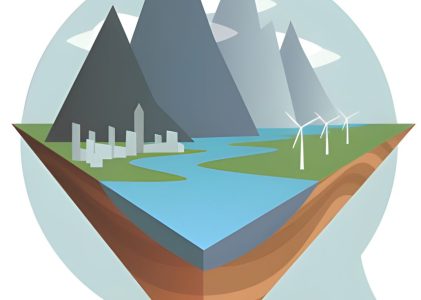Scientific presentations
End of poster and oral submissions vulgarisés
Abstracts are available here: https://event.fourwaves.com/cete2020
After each oral session and popularized work, a link will be sent to participants to vote and reward the best work.
Lien zoom utilisé pour la journée du 5 novembre : https://INRS.zoom.us/j/81989872134
| November 5, 2020 | |
| Schedule | Activity |
| 12h – 12h15 | Congres introduction |
| 12h15 – 13h | Network-Lunch: Laboratory experiences Stéfane Prémont Pr Sophie Duchesne Pr Kokou Adjallé |
| 13h – 13h15 | Break |
| 13h15 – 14h15 | Oral presentations - Session 01 13h15 – Scott Hepditch (1) 13h25 – Ana Gisell Pazmino 13h35 – Paisley Thomson 13h45 – Laura Malbezin 13h55 – Scott Hepditch (2) Vote de la meilleure présentation Questions |
| 14h15 – 14h30 | Break |
| 14h30 – 15h | Poster session of Scicomm content Sarah Wallace Julie Robitaille Thi Yen Chau Nguyen Véronique Dubos |
| 15h – 15h15 | Break |
| 15h15 – 16h | Plenary speaker: Carine Monat Carine Monat est journaliste scientifique, recherchiste, chroniqueuse télé, radio et animatrice radio. (Profil dans onglet « Intervenant.e.s »). |
| 16h – 16h15 | Closure of the second day |
| November 6, 2020 | |
| Schedule | Activity |
| 12h-12h15 – Introduction du congrès 2e jour | |
| 12h15 – 13h | Network-Lunch: Field experiences Pr Geneviève Bordeleau Pr Soucy La Roche Vincent Laderriere |
| 13h – 13h15 | Break |
| 13h15 – 14h15 | Oral presentations - Session 02 13h15 – Marie Bonnet 13h25 – Sabrina Gagnon 13h35 – Amirhossein Mardan 13h45 – Laureline Berthot 13h55 – Sébastien Bruno Vote de la meilleure présentation Questions |
| 14h15 – 15h | Break |
| 15h – 16h | Panel: Fundamental research VS technical research? Dans sa planification stratégique, l’INRS considère la recherche fondamentale et la recherche appliquée comme étant indissociables. Sur papier, le but est de répondre aux enjeux de la société québécoise en diversifiant les partenariats et en prônant l’intersectorialité. Sur le terrain, ce sont les étudiants et étudiantes qui, à travers leur parcours de formation, vont devoir percer, trouver leur place et débuter/poursuivre une carrière scientifique. À travers un panel axé sur les partages d’expériences et les échanges, le comité du CETE2020 vous invite, étudiants et étudiantes, à réfléchir sur la trame de fond de la formation que vous suivez, le rôle que vous avez et le rôle que vous pourriez jouer. Intervenants: Pr Pascale Champagne Pr Peter Vanrolleghem Pr André St-Hilaire Pr Louis-César Pasquier |
| 16h – 16h15 | Results and Prize Distribution |
| 16h15 – 16h30 | Closure of the second day |
–
Prizes
| Prizes for scientific presentations and Scicomm work | Amount |
| Best overall Scicomm work - 1st place | 300$ |
| Popularized work - other participants | 150$ |
| Best academic oral per session (2) | 200$ |
| Best second academic oral per session (2) | 150$ |
–
Science communication workshops
September 8 to 17, 2020 - 11h30 a.m. to 1h30 p.m.
| Date | Title | Description |
| 08/09 | The basis of scientific communication | Deconstruct the usual scientific communication model. Presentation of the inverted pyramid. How to make a pitch.
Tips for writing. Tips for oral communications. Des trucs pour l’écrit. Des trucs pour l’oral. |
| 09/09 | Let's talk about sciences...on the radio! | A few key steps are necessary for a successful radio show. How to prepare, what subject to cover, which guest, live or pre-recorded... In short, where to start? We'll find out together! |
| 10/09 | Make a scientific video | How to begin with a written subject and develop it into a video. L’accent ne sera pas mis sur la technique, mais comme elle est essentielle, les bases y seront présentées. |
| 14/09 | Science in comic books | Bringing out the visual elements of a scientific text. Basics of Comic Strip scriptwriting. |
| 15/09 | Data illustration | Principes de base en graphisme pour améliorer la qualité de vos présentations orales et par affiche. L’art du storytelling et comment l’intégrer à votre prestation. Les conseils présentés pourront être appliqués directement dans vos présentations. Apportez votre matériel et vous repartirez avec des documents qui auront fait peau neuve ! |
| 17/09 | The Truth about Stories: writing science for the public | Principles of written science communication. |


